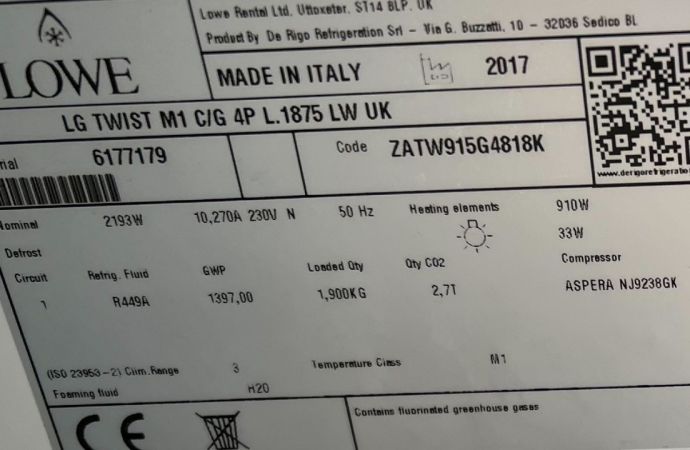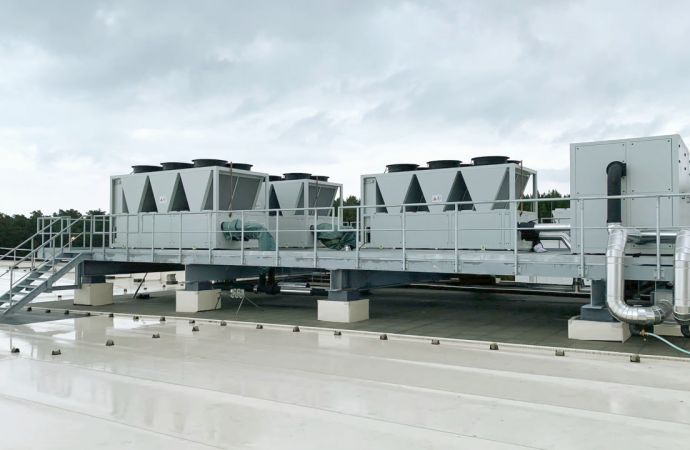Over 50 policymakers and financial and private sector representatives from 15 Caribbean islands came together in St Kitts & Nevis from 12-15 September to receive training on energy-efficient and climate-friendly practices in the cooling sector.
_1475597139.png)
The first of two workshops focused on developing Nationally Appropriate Mitigation Actions (NAMA) for the refrigeration, air-conditioning and foam sectors (RAC&F). The second workshop answered questions regarding financing, cost calculations and the economic feasibility of energy-efficiency solutions.
The workshops were hosted by the Caribbean Community (CARICOM) Secretariat in collaboration with the Deutsche Gesellschaft für Internationale Zusammenarbeit (GIZ), through the Renewable Energy and Energy Efficiency Technical Assistance (REETA) programme and the ‘Development of NAMAs for the refrigeration and foam production sectors’ project.
The course sought to give participants the opportunity to work with real-life projects. These practical examples ranged from air-conditioning replacements and energy-efficiency retrofits in buildings to solar energy and tri-generation.
The training is especially important for the Caribbean Island representatives because they are disproportionately dependent on importing fossil fuels, despite generally having large domestic renewable energy resources. Approximately 40% of electricity consumption in the Caribbean region is used in the cooling sector. Low efficiency and high leakage rates of refrigerant gases with high GWP makes the RAC&F sector responsible for a large portion of greenhouse gas emissions in the Caribbean. This share is expected to rise by 13% by 2030.
Mathilda John-Rose, Executive Manager Credit Operations at the Dominica Agricultural Industrial and Development Bank, said the workshop, “shed light on the technical aspects of carrying out an economic feasibility analysis for energy efficiency and renewable energy projects”.
“We need to do more in educating stakeholders in terms of the savings that can be obtained from converting to more efficient solutions,” she noted.
Related stories



